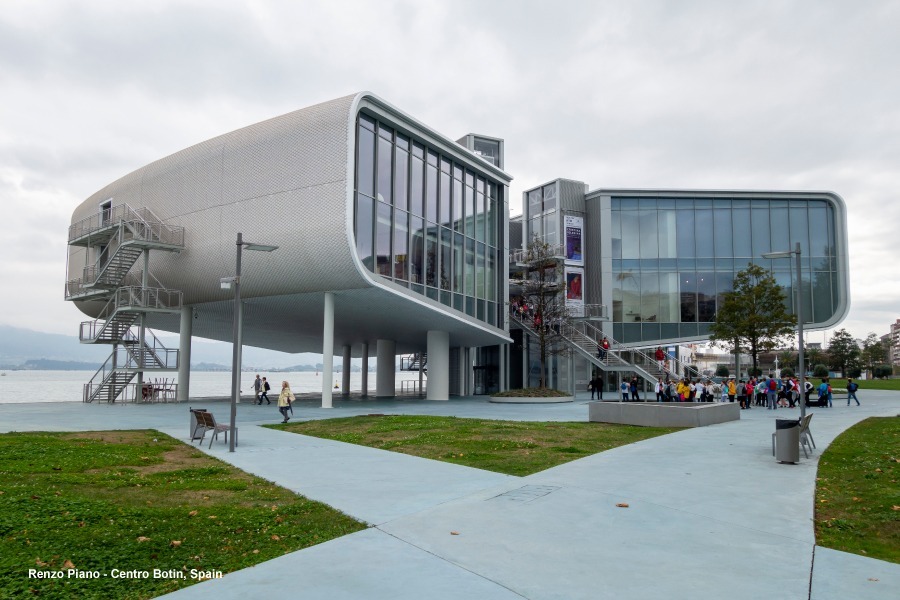Biography
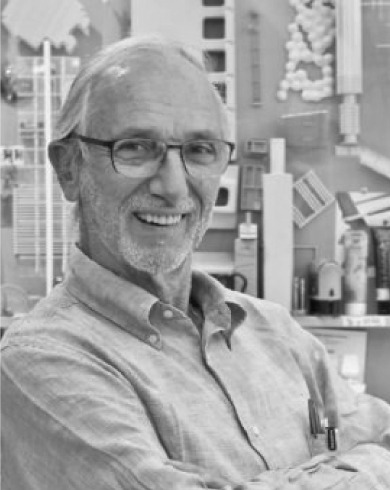
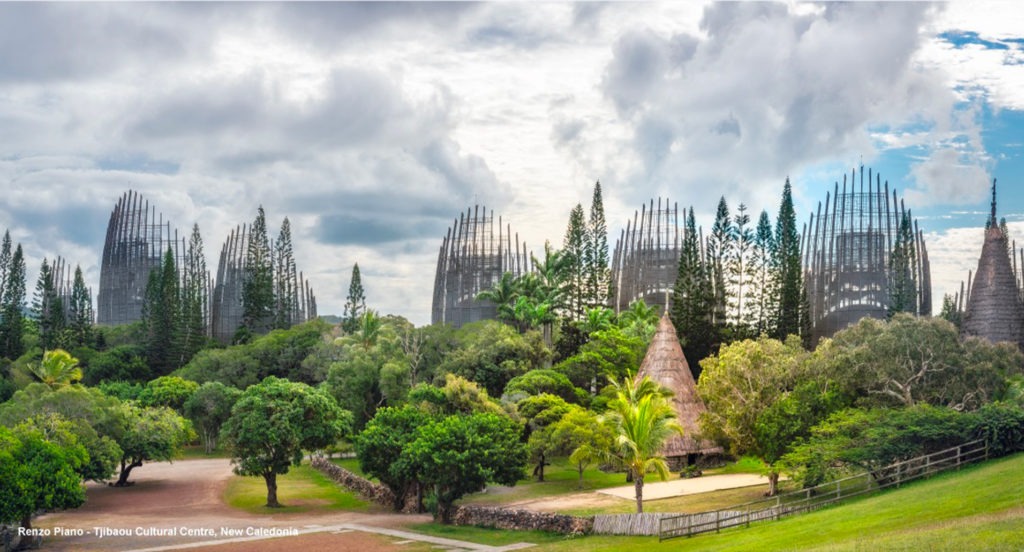
Renzo Piano, born on 14 September 1937 in Genoa, Italy, is the 2002 winner of the UIA Gold Medal. He studied architecture at the University of Florence and Polytechnic University of Milan, graduating in 1964 with an interest in industrial materials and experimental techniques.
Between 1965 and 1968, he taught at Polytechnic University and honed his technical skills, completing a IPE factory in Genoa in 1968 with a steel and reinforced polyester roof. British architect Richard Rogers admired the Pavilion of Italian Industry which Renzo Piano created for Expo 70 in Osaka, Japan and in 1971, they founded Piano and Rogers, where they worked together from 1971 to 1977, and which produced some of the most iconic architecture of the postwar period, notably including the administrative building of B&B Italia in Como, Italy and the Centre Georges Pompidou in Paris, France.
The Renzo Piano Building Workshop (RPBW) established in 1981, now counts offices in Paris, Genoa, and New York. In the mid-1980s, the firm took on two major reconstruction projects in northern Italy using the advanced technology which characterizes Renzo Piano’s work: the reanimation of the old port in his native Genoa and and the conversion of Turin’s Fiat factory followed by the an ambitious project in New Caledonia, the second of Piano’s resulting from a UIA-endorsed architecture competition.
The Jean-Marie Tjibaou Cultural Centre in Nouméa (1991–1998), was designed to celebrate Kanak traditional culture using traditional and modern materials including local wood, glass and aluminum.
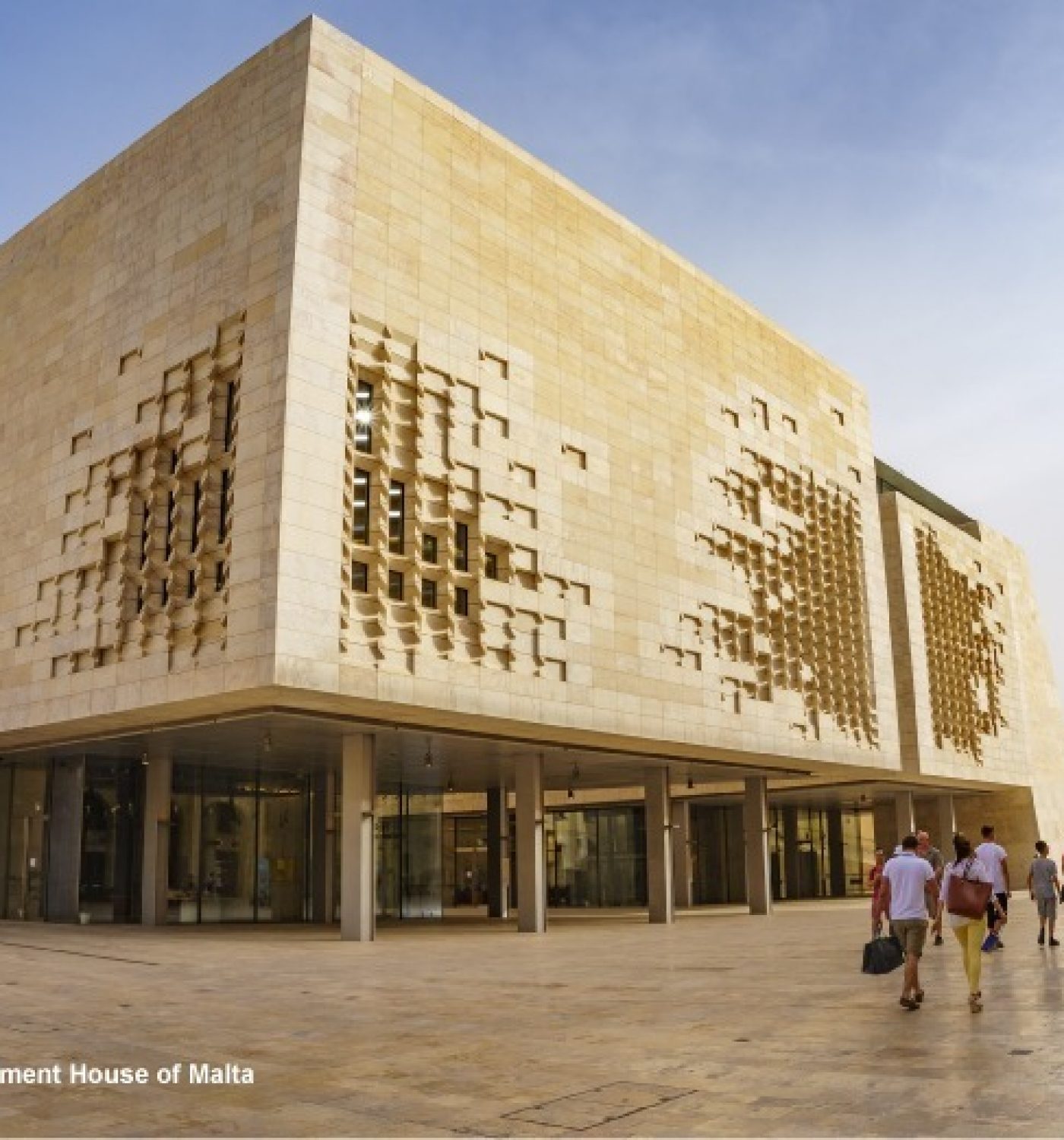
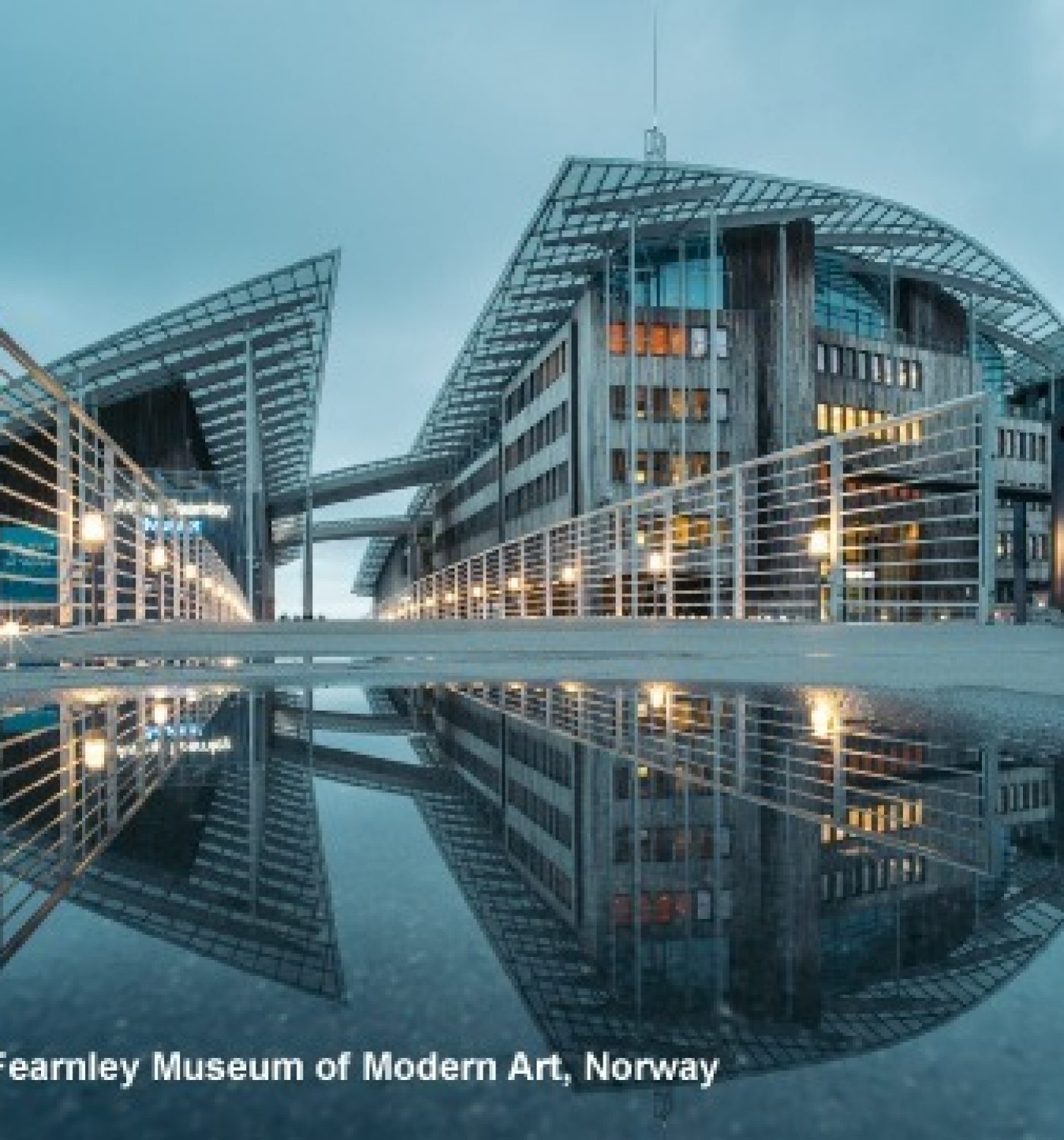
RPBW has completed many urban renewal and renovation projects in the United States including the High Museum of Art Extension (1999–2005) in Atlanta, Georgia and the Morgan Library Renovation and Extension (2000–2006), the California Academy of Sciences extension in San Francisco (2000–2008) and the Modern wing of the Art Institute of Chicago (2000–2009). The studio’s work in Europe includes the Astrup Fearnley Museum of Modern Art, Oslo, Norway (2006–2012), the Centro de Arte Botín in Santander, Spain (2012–2017) and the Stavros Niarchos Foundation Cultural Center in Athens, Greece (2016)
In addition to the 2002 UIA Gold Medal, Renzo Piano has received numerous international recognition among which the RIBA Royal Gold Medal (1989), the Kyoto Prize (1990), the Praemium Imperiale (1995), the Pritzker Prize (1998), the Leone d’oro alla Carriera (2000), the AIA Gold Medal (2008) and the Sonning Prize (2009).
Jury citation
From among the numerous and prestigious architects nominated, the jury concluded that Renzo Piano and his work correspond perfectly to the criteria laid out for the attribution of this honorary distinction. He has made an exceptional contribution to architecture’s influence around the world, and through the quality of his work has rendered services that greatly surpass the framework of the profession and participate in the harmonious development of society by satisfying both the material and spiritual needs of mankind.
His work is both personal and varied; it illustrates his sensitivity to cultural diversity and his intimate knowledge of the milieu of which it is part. His realisations reflect the orientations developed by the International Union of Architects in their global dimension and their respect for cultural identities. Renzo Piano’s work associates advanced technological research with the lessons of traditional economy. It provides a top quality architectural response to evolving social needs. In this way, his work is particularly representative of the role of the architect and the contribution he can make to the sustainable development of our planet.
For all these reasons, the International Union of Architects is proud to honour Renzo Piano this year, for his personal qualities and the works he has accomplished.
Interview
The UIA interviewed Renzo Piano in February 2019. Read more about him here.
